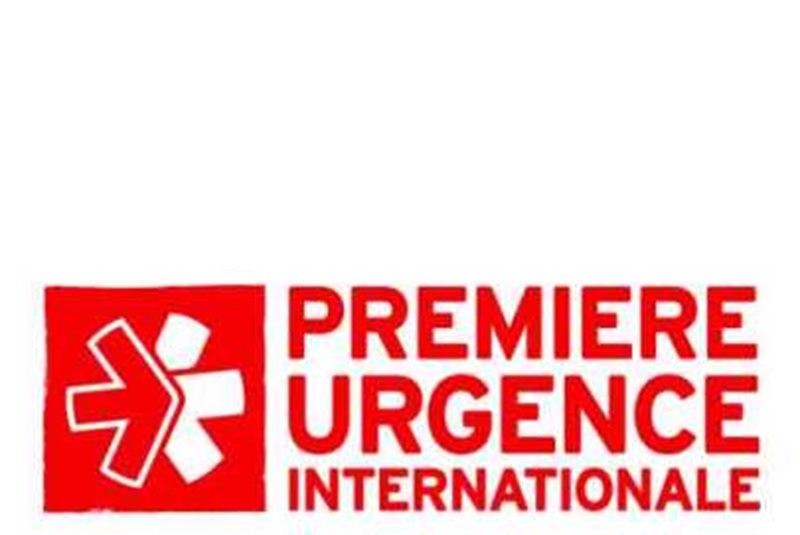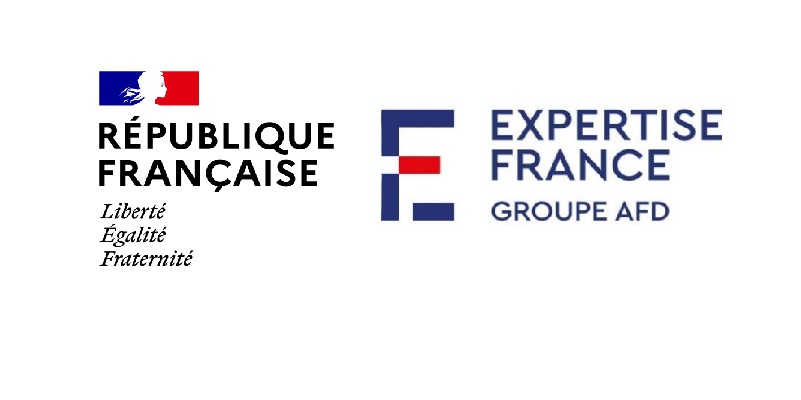The FAO Office of Evaluation (OED) is conducting a thematic evaluation of FAO’s cash and voucher assistance (CVA). CVA modalities in recent years have become an important tool for FAO to deliver, especially in providing immediate relief, strengthening resilience of livelihoods, increasing agricultural production, and improving food security and nutrition. From 2016-2021, FAO transferred more than USD 287 million across 47 countries through CVA interventions. These include both unconditional and conditional cash transfers, cash for work, service vouchers, and input trade fairs.
This evaluation will be the first comprehensive assessment of FAO’s CVA portfolio and is conducted for both accountability and learning processes. It aims to assess the relevance, efficiency and effectiveness of the CVA interventions, and identify factors that facilitate or inhibit their use and effectiveness to develop lessons that will help in updating policy and programming. The evaluation will be forward-looking and formative and will seek to provide insights for the future, to the extent possible.
Reporting Lines
The Cash and Voucher Assistance Specialist responds to the OED evaluation manager under the overall responsibility of the Office of Evaluation (OED), and will work closely with one of the core evaluation team members to conduct a country case study in one of the five selected countries.
Technical Focus
The evaluation will include the full range of CVA projects implemented in different contexts and with different objectives, including humanitarian, development and peace objectives. It will specifically focus on the period from 2018 to 2022.
Given the increasing importance of social protection in not only poverty reduction, but also for disaster risk management, the evaluation will examine the coordination or collaboration through national social protection systems. The evaluation will explore both positive experiences from the use of CVA and situations where the use of CVA has not yet materialized to explore challenges in using them. It will examine the relevance of the various CVA modalities to FAO’s mandate and the needs of beneficiaries, the comparative advantage of FAO in delivering CVA, and the role of partnerships in coordinating and delivering on CVA. In particular, it will consolidate evidence on the effectiveness and efficiency of CVA and the factors influencing results. This will include examining the contribution of CVA to Humanitarian-Development-Peace nexus approaches, gender equality and social inclusion. In addition, FAO’s progress towards its grand bargain commitments will be examined.
The evaluation is managed by OED and will adopt a consultative and transparent approach with internal and external stakeholders throughout the process. The evaluation methodology includes a desk review of relevant documents, a portfolio analysis of FAO projects, key informant interviews, and a global survey with FAO decentralized offices. The evaluation team will also conduct case studies in selected countries with field visits and focus group discussions in accessible locations to capture results at the national level of FAO CVA interventions. The case study countries include, Afghanistan, Lebanon, Madagascar, Mozambique, and Philippines. The data collection for the case studies is expected to take place in March/April 2023, and would include a field mission to the country.
For the conduct of these five case-studies, OED is currently looking to recruit qualified regional or national independent consultants (one per case-study country) to evaluate FAO’s CVA efforts in Afghanistan, Lebanon, Madagascar, Mozambique, and Philippines .
Applicants must clearly indicate in their application for which case-study country they are applying.
To minimize the risks associated with international travel in the current period marked by the COVID epidemic, applications from local consultants will be considered as priority.
The candidates must be independent, meaning no previous direct involvement in the formulation, implementation or backstopping of FAO’s CVA projects in Afghanistan, Lebanon, Madagascar, Mozambique, and Philippines. All will be required to sign a declaration of conflict of interest.
Tasks and responsibilities
The Cash and Voucher Assistance Specialist’s responsibilities would be to:
• Work in close collaboration with a core team member responsible for this evaluation;
• Review relevant background documentation made available by OED for one of the five case study countries;
• Contribute to the planning of the meetings/interviews and the fieldwork agenda/itinerary;
• Develop further and apply the country case study methodology described in the evaluation inception report;
• Co-lead the collection and analysis of primary and secondary data through, inter alia, interviews and meetings, face to face or virtual, with FAO concerned officers at the country office and key stakeholders including the government, external partners, and others as appropriate;
• Travel to the project sites (only for Lebanon, Madagascar, Mozambique, and Philippines) to lead focus group discussions with beneficiaires from cash and voucher assistance programmes;
• Prepare meeting/interview notes, in English, in a structured format agreed with OED;
• Provide support to or co-author the case study report in English, including the formulation of findings and conclusions responding to the key evaluation questions;
• Present and discuss case study findings in briefing and debriefing meetings with the evaluation team and relevant stakeholders;
CANDIDATES WILL BE ASSESSED AGAINST THE FOLLOWING
Minimum Requirements
• Advanced university degree in agro-economics, policy analysis, development or humanitarian studies, or another related field;
• A minimum of 5 years of relevant experience in evaluation and/or cash and voucher assistance programmes;
• Working knowledge (level C) of English and limited knowledge (level B) of one of the official FAO languages (French, Spanish, Arabic, Chinese, or Russian). For PSA, working knowledge of English would suffice.
FAO Core Competencies
• Results Focus
• Teamwork
• Communication
• Building Effective Relationships
• Knowledge Sharing and Continuous Improvement
Technical/Functional Skills
• Extent and relevance of experience working on humanitarian projects involving cash and voucher assistance
• Work experience in evaluating projects at field level and facilitating focus group discussions and interviews
• Familiarity with Humanitarian-Development-Peace nexus is an asset
• Strong experience working in any one of the five case study countries (Afghanistan, Lebanon, Madagascar, Mozambique, and Philippines)
• A good understanding of one or more of the following areas – food security, agriculture, nutrition, pastoralism and agropastoralism, fisheries and coastal livelihoods, livestock and animal health





